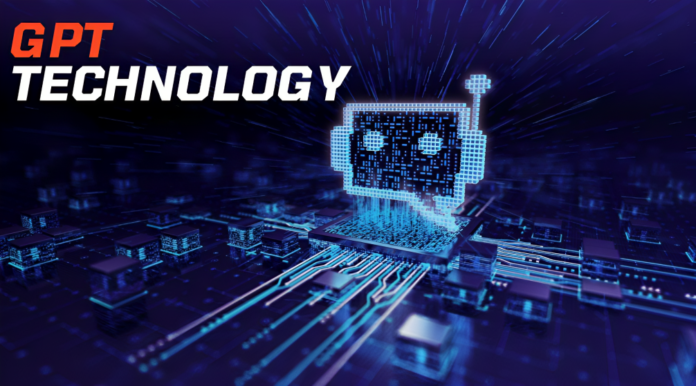Table of contents
Introduction
In recent years, the field of artificial intelligence has seen remarkable advances, with generative pre-training transformers (GPTs) emerging as a transformative force. This game-changing technology has enabled machines to understand and generate human-like text with unprecedented fluency and coherence in natural language processing (NLP). GPT models, created by OpenAI, have piqued the interest of researchers and industry leaders alike, promising to reshape how we interact with technology and revolutionize various aspects of our lives.
Key Benefits of GPT Technology
GPT technology offers a plethora of benefits that transcend traditional NLP approaches. Unlike rule-based systems that rely on predefined patterns and structures, GPT models learn from massive datasets of text and code, enabling them to adapt to a wide range of tasks and contexts. This remarkable ability to generalize and transfer knowledge makes GPT technology a powerful tool for various applications, including:
- Creative content generation: GPT models can generate human-quality text formats, including poems, scripts, musical pieces, emails, and letters, with remarkable creativity and originality.
- Enhanced research and education: GPT can assist researchers in analyzing vast amounts of text data, identifying patterns, and generating hypotheses. In education, GPT can personalize learning experiences, provide real-time feedback, and create interactive learning modules.
- Business process optimization: GPT can streamline business operations by automating tasks such as customer service interactions, market analysis, and report generation.
Understanding GPT Models
GPT models are built on transformers, a neural network architecture that excels at understanding long-term dependencies in text. Transformers capture contextual information and word relationships by processing text as a sequence of tokens, allowing GPT models to generate coherent and meaningful text.
GPT models are trained in two stages: pre-training and fine-tuning. GPT is exposed to a massive dataset of text and code during the pre-training stage, allowing it to learn the patterns and structures of human language. GPT is trained on a specific task, such as machine translation or question answering, during fine-tuning to adapt its knowledge to the specific domain.
Harnessing GPT Technology for Practical Applications
GPT technology has already started to have an impact on a variety of industries, demonstrating its transformative potential. GPT is being used in the creative realm to generate poems, scripts, and musical pieces, demonstrating its ability to produce original and creative content. GPT is being used by researchers to analyze large amounts of scientific literature, identify patterns, and generate hypotheses, thereby speeding up the pace of scientific discovery.
Personalized learning platforms powered by GPT are adapting to individual student needs, providing real-time feedback, and developing interactive learning modules in education. GPT is being used by businesses to automate customer service interactions, resulting in more natural and efficient support.
Navigating Ethical Considerations
GPT, like any powerful technology, raises ethical concerns that must be addressed carefully. The possibility of bias in GPT models due to data bias is a critical issue that necessitates ongoing research and mitigation strategies. It is critical to ensure that GPT models are developed and implemented responsibly, in accordance with ethical principles, and to promote fairness and inclusivity.
The Future of GPT Technology
GPT technology’s future holds enormous potential and excitement. GPT researchers are constantly pushing the boundaries of the technology, investigating new training methodologies, adapting to different data modalities, and expanding its capabilities to solve complex problems. GPT technology is poised to revolutionize the way we interact with technology, enhancing our creativity, productivity, and understanding of the world around us as it matures.
Conclusion
GPT technology is a significant advancement in the field of artificial intelligence, providing a powerful tool for understanding and generating human-like text. GPT is transforming various industries and shaping the future of human-computer interaction with its ability to learn from massive datasets, generalize to new tasks, and produce creative content. As we continue to investigate and exploit the potential of GPT technology, it is critical to address ethical concerns and promote responsible development in order to ensure that this transformative technology benefits society in a positive and meaningful way.

